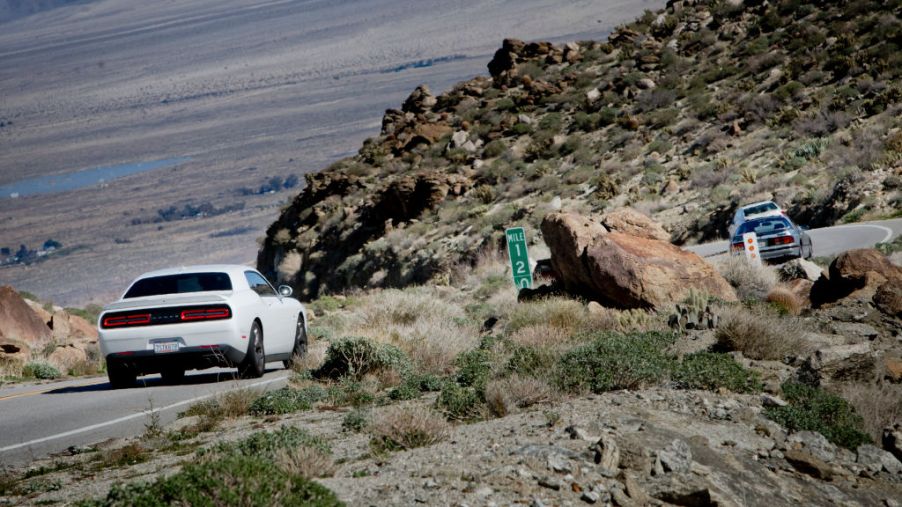
Common Habits That Are Ruining Your Car’s Brakes
There’s no real standard on how long your car’s brakes should last. It depends on the quality of the installed components and what type of driver you are. A rule-of-thumb puts the average brake pad life at around 25,000 to 65,000 miles. However, a better quality brake pad and good driving habits can make your brakes last more than 70,000 miles. If you replace them too often, then the culprit may be one of these five common driving habits.
Driving habits that hurt your brakes
1. Braking while driving downhill
Of course, you need to slow down when driving downhill. But, putting on the brakes for too long while doing so can overheat the brake pads and cause your braking power to fade over time. You can tell when your brakes are fading because it will take longer than normal for your car to stop.
To preserve your car’s brakes, always use the low gear when driving downhill. This will help control your speed by engaging the engine brakes, which reduce your need to apply more pressure.
2. Make quick stops or braking late
If you habitually brake late or make very quick, hard stops, then you’re shortening the life of your brake pads. Delaying the time when you press on the brake pedal causes strain on the entire braking system and produces excess heat. If you happen to accelerate as you make quick stops, your entire braking system must work extra hard to stop the car.
Instead of late-braking, you can anticipate traffic flow, keep a good distance from the car ahead, and coast to stops. Fast driving and sudden stops will wear out brake pads very quickly.
3. Hauling heavy loads
Whether you’re hauling extra stuff, carpooling with passengers, or pulling a trailer, extra weight requires a greater braking force. While periodically carrying a heavy load is no problem, if you haul extra weight on a daily basis, then it’s worth investing in heavy-duty brake pads that support towing weights. Extra weight can take a toll on your brake pads and reduce your ability to stop properly.
Instead of strapping loads on top of your car, use a rooftop cargo holder to properly secure cargo. This will prevent shifting and help keep the load balanced, which makes slowing down and stopping easier on your brakes.
4. Resting your foot on the brake pedal
Do you have a habit of resting your left foot on the brake pedal? For some, this is a habit left over from driving a manual transmission. Driving with both feet makes it easier to gently press on the brake pedal without realizing it. The slightest pressure from your foot is enough to activate the brakes. Your brake pads may overheat and wear out faster when the brakes are engaged while accelerating.
Don’t forget that the brake lights are being activated. This means you’re confusing the drivers behind you. Cover braking is the recommended technique for city driving. This involves taking your right foot off the accelerator and holding it over the brake pedal in case you have to stop quickly. But, be careful not to confuse other drivers by riding the brakes.
5. Dirty or low brake fluid levels
If your brake fluids are low or dirty, you run the risk of damaging brake components like the master cylinder and brake lines. Brake fluids should be changed at least once a year. If your brake fluid levels are low, you will notice a reduction in braking performance of anti-lock braking systems (ABS) and/or traction control components.
If you have a habit of skipping yearly maintenance on your vehicle, then dirty or low brake fluid levels can cause your brake pads to work harder to stop your car. This will cause them to wear out much quicker than usual.
Listen and watch for signs that your car’s braking system is not performing optimally. Strange noises while braking, a slow brake response, or a loss of pressure are all warning signs that your car’s brakes need to be checked.


